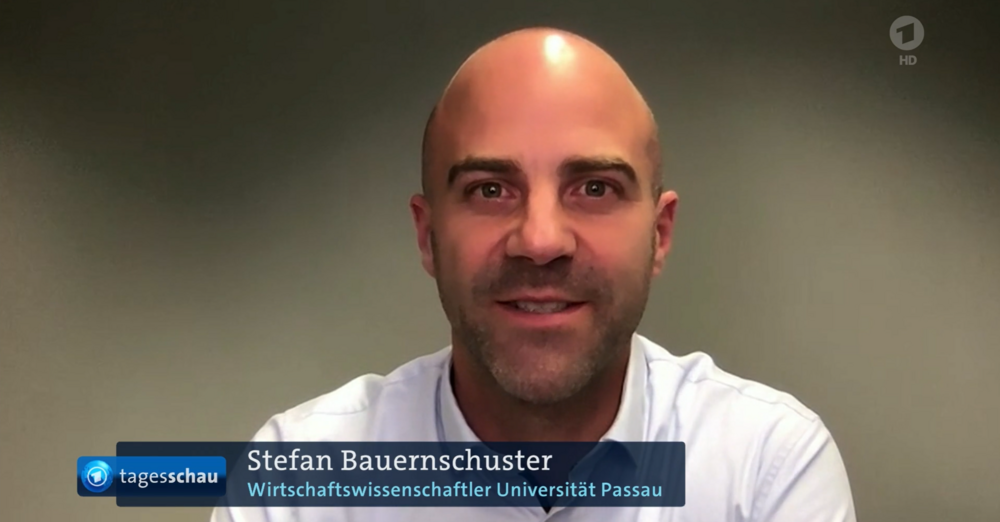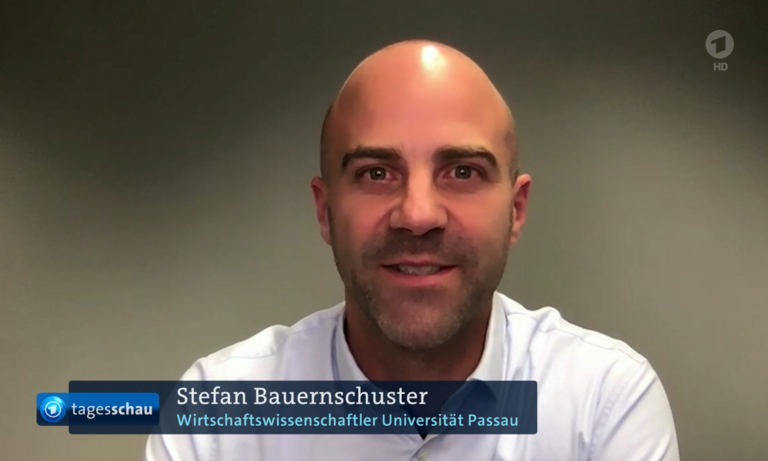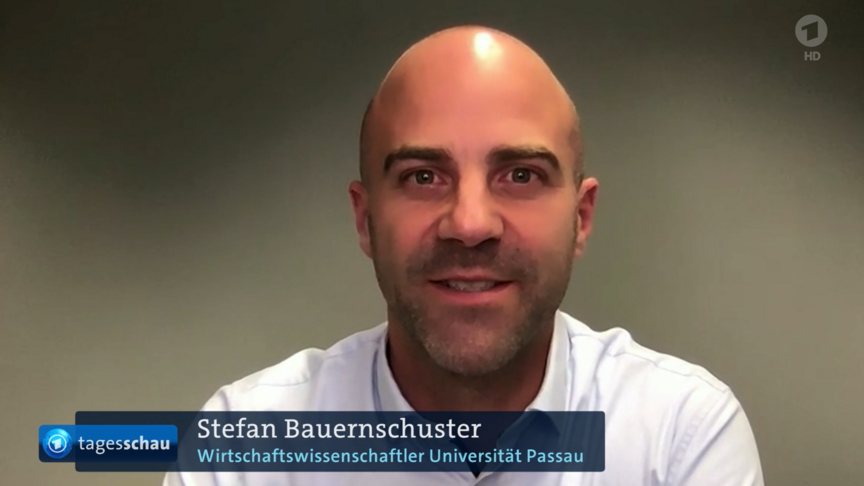Professor Stefan Bauernschuster

Stefan Bauernschuster (personal website) is a Full Professor of Public Economics at the University of Passau, Research Professor at the Ifo Institute Munich, CESifo Research Fellow, and IZA Research Fellow. In his research, Stefan Bauernschuster uses micro-econometric methods to answer policy relevant questions in the fields of labor, population, and health economics. His research has been published in journals such as the American Economic Journal: Economic Policy, the Journal of the European Economic Association, the Journal of Health Economics, or the Journal of Public Economics. CV

























